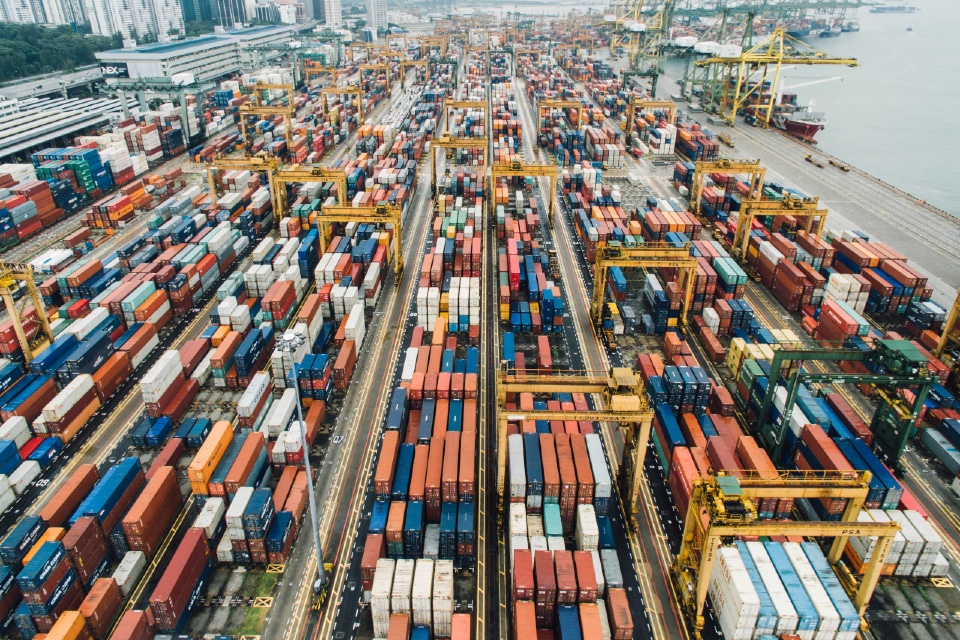As the backbone of global commerce, supply chain and logistics sectors are in a constant state of flux, shaped by technological advancements, economic shifts, and consumer behaviours. As we move further into the digital age, several key trends are emerging that promise to redefine these critical industries.
Firstly, the rise of Artificial Intelligence (AI) and Machine Learning (ML) is revolutionising supply chain management and logistics. AI can optimise inventory management by predicting demand based on historical data and market trends, reducing stockouts and overstocks. Meanwhile, ML algorithms can improve route planning for logistics, taking into account traffic patterns and delivery priorities, thereby enhancing efficiency and reducing delivery times.
Secondly, sustainability is becoming a crucial factor. Increasing consumer demand for ethical and environmentally friendly practices is prompting businesses to adopt green supply chain strategies. This can range from sourcing materials responsibly, reducing waste in production processes, to opting for carbon-neutral transportation.
Another key trend is the growth of e-commerce, accelerated by the pandemic. As online shopping becomes the norm, there’s an increasing need for robust last-mile delivery solutions. Companies are exploring innovative options such as drone deliveries, autonomous vehicles, and micro-fulfilment centres to meet this demand.
Supply chain visibility is also gaining importance. Businesses and consumers alike want to know the journey of a product from raw material to final delivery. Advanced tracking systems, blockchain technology, and IoT devices are being leveraged to provide real-time, end-to-end visibility of supply chains.
The concept of Supply Chain as a Service (SCaaS) is another emerging trend. Companies are outsourcing their supply chain operations to third-party specialists who leverage their expertise and advanced tech solutions to manage supply chains effectively. This allows businesses to focus on their core competencies while ensuring efficient supply chain management.
Despite these advancements, the supply chain and logistics sectors face challenges, including cybersecurity threats, regulatory changes, and the need for skilled professionals who can work with advanced technologies.
The future of supply chain and logistics lies in technological innovation, sustainability, enhanced visibility, and adaptive strategies. As these trends continue to evolve, businesses must remain agile, embracing change and innovation to stay competitive.
hose that successfully navigate these trends will not only optimise their operations but also provide superior value to their customers, laying a strong foundation for success in a rapidly changing commercial landscape.







